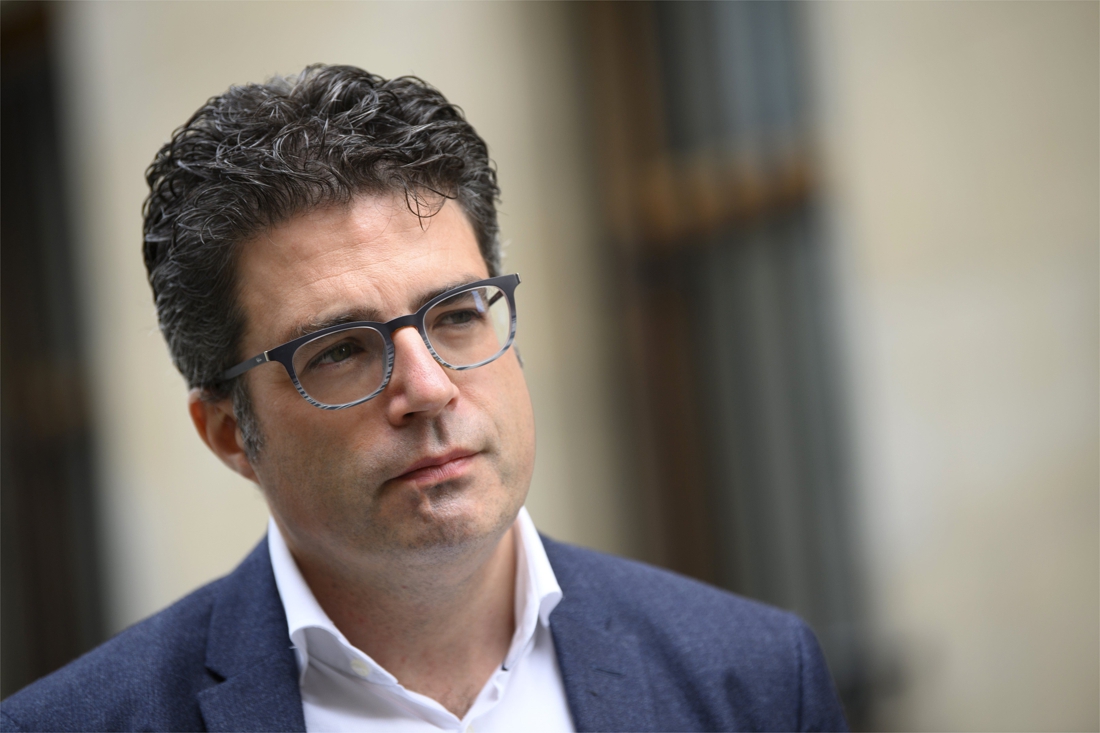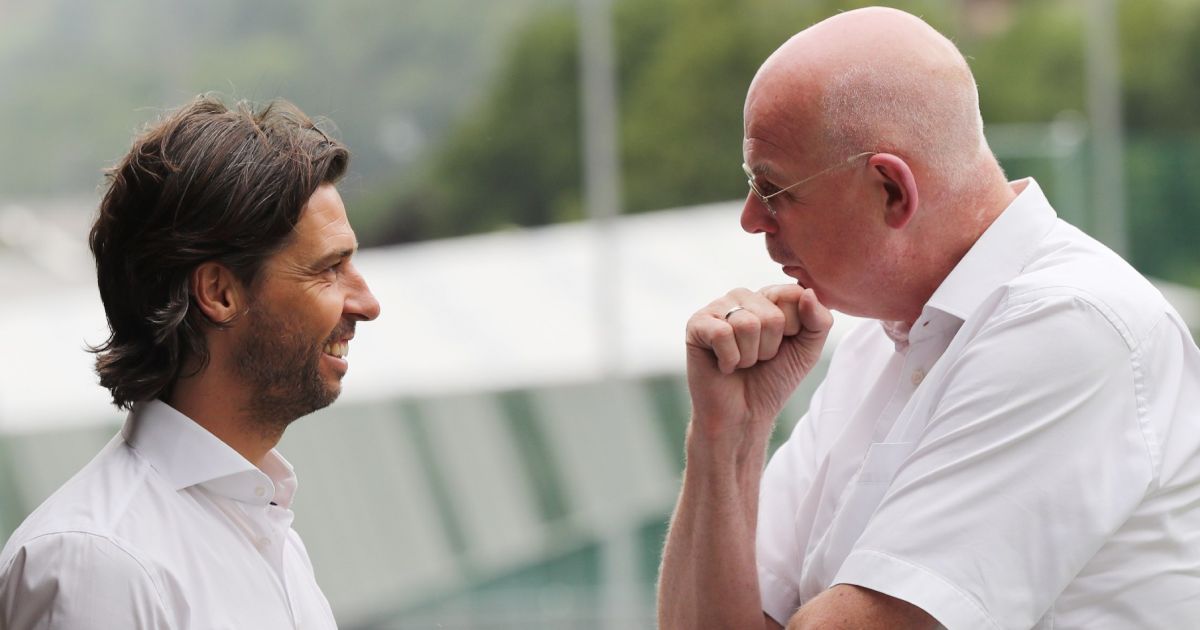Those who would soon be vaccinated may also have to go into quarantine. ‘It is not yet clear whether the vaccine will also protect us against infection, said Van Gucht at the press conference of the Crisis Center.
–
Steven Van Gucht has bad news for those who think that once we have been vaccinated, we are completely free to go wherever we want. After all, it cannot be ruled out that we may still be carriers of the virus, even if we have been vaccinated.
‘We know of a number of vaccines that they protect against disease, sixty to ninety percent depending on the vaccine, but we don’t really know yet whether the vaccine will also protect us against infection. Maybe we can still be carriers of the virus and not develop symptoms. That is potentially a risk. So as long as that is not clear, we have to assume that it is possible that even after vaccination people will still need to be quarantined. Especially when those people come into contact with someone who has an increased risk of complications, the virologist said at the press conference of the Crisis Center.
‘Of course, as more and more people are vaccinated, fewer and fewer people will have to be quarantined, because less and less virus will circulate, fewer infections will be detected and then there is also less need to proceed to quarantine’, according to Van Gucht. ‘But for the time being there is still insufficient data to make clear statements about this,’ he emphasized.
Protective cloak
It is also not entirely clear whether all groups will soon be eligible for a vaccine. For example, so far pregnant women have not been included in the clinical studies, Van Gucht said. ‘Then there is also the category of people who have a very weak or even no immune system, for example due to a genetic disorder or because of a cancer treatment that has shut down the immune system. In principle, these people can receive the vaccine, as they do not contain a live virus and therefore pose no risk, but it is possible that they will not react to it and do not build up immunity against the virus, ‘said Van Gucht.
‘For those people it is very important that group immunity is built up and that other people who do have a healthy immune system are vaccinated as much as possible, so that the virus can no longer circulate. In this way you create a protective mantle of vaccinated people around the people who cannot build up immunity themselves, in English they call this a love vaccination‘said Van Gucht, who pointed out that Belgium has already ordered sufficient vaccines.
There is also another possibility for people with a very weak immune system who still run certain risks of infection. ‘They can be treated in advance with antibodies from someone else, for example the so-called plasma therapy where you get antibodies from the blood of another person,’ Van Gucht explained.
‘Or in a slightly more distant future, these could also be monoclonal antibodies, antibodies that are made in the laboratory: they are purer and often a bit more powerful. They can then provide temporary protection for a few weeks or months to people who cannot develop an immune response themselves. ‘
– .


